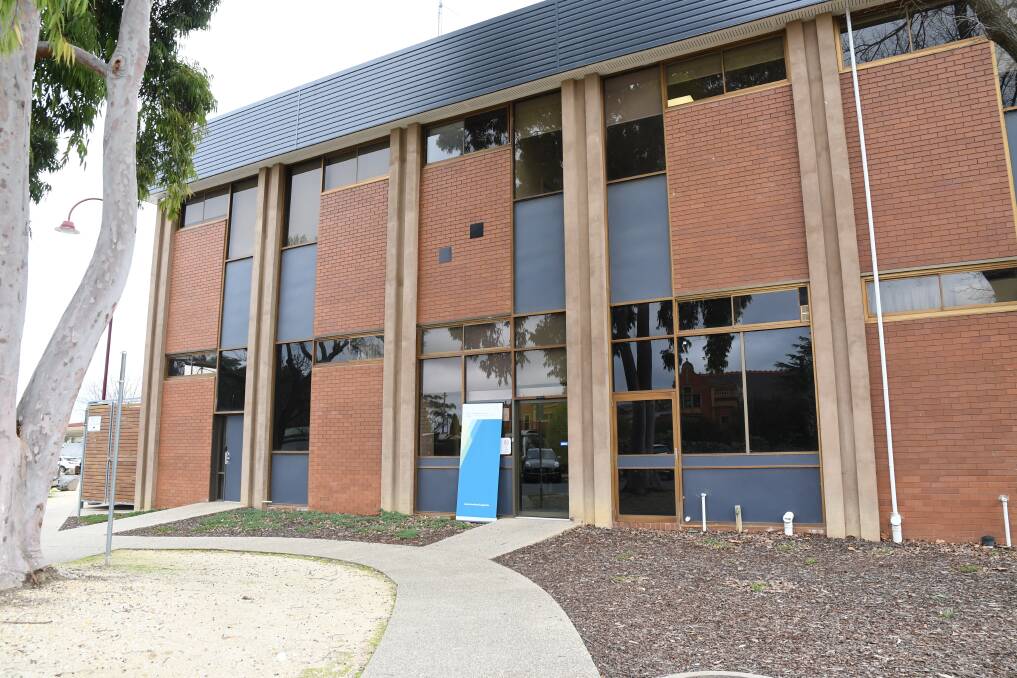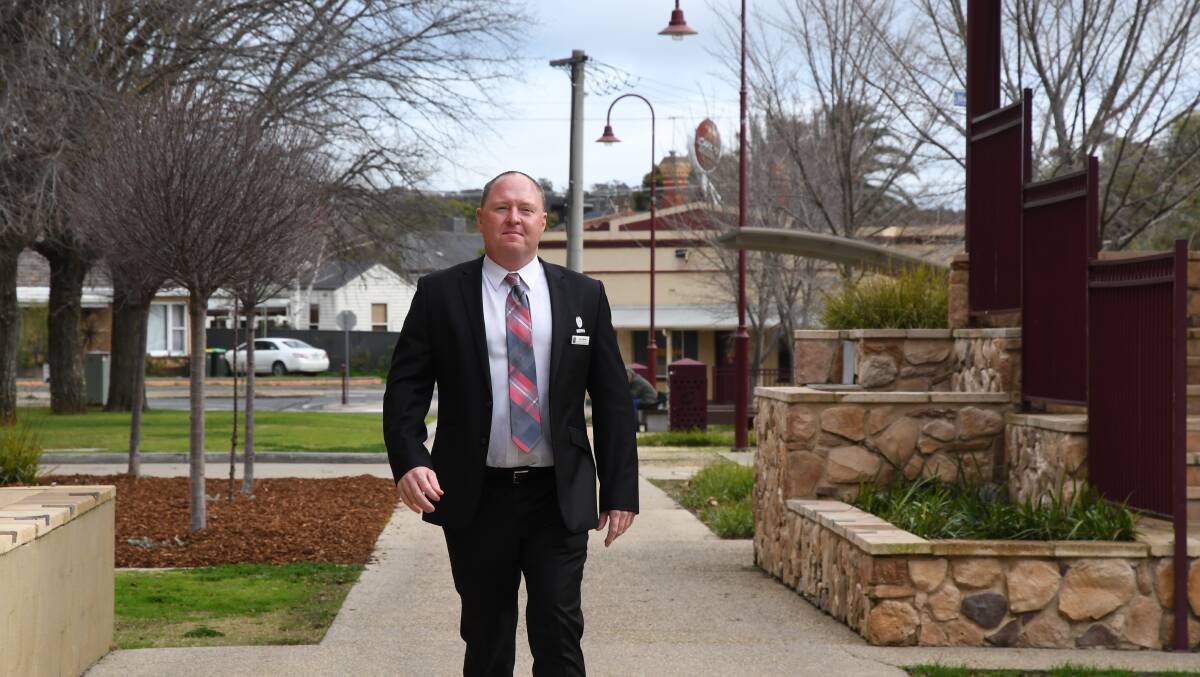
A DAYLESFORD doctor has called for more appropriate funding, recognition and support for mental health services provided by general practitioners.
Subscribe now for unlimited access.
$0/
(min cost $0)
or signup to continue reading
Dr Gerard Ingham told the Royal Commission into Mental Health general practitioners were the glue and gap fillers for patients with mental health concerns.
Yet, he said: "If you're a GP with an interest in mental health, you will earn a lot less money than another GP."
"That's not the reason we do the work, but it does provide an incentive, clearly, for GPs to do other work which is better remunerated than mental health."
Dr Ingham said it didn't appear appropriate, on face value, that there should be a difference in reward for a GP who, for example, spent half an hour with a patient dealing with personality disorder and another GP who saw six consecutive patients with comparatively simple concerns.
He said funding for longer mental health consultations needed to be more appropriate.
The general practitioner, who has been practicing for 30 years, also called for funding for primary mental health care teams.
"And by that I mean teams that involve GPs with drug and alcohol workers, social workers, psychologists, even physiotherapists, occupational therapists, within the general practice to help care for these complex patients," Dr Ingham said.
He told the commission general practitioners often ended up working on their own when it came to mental health treatment, especially with more complex patients.
Not only was there less of a sense of collaboration, but Dr Ingham said communication between health professionals working on mental health issues wasn't remunerated - at least, not for GPs.
"So if I spend a 10 or 15 minute consultation with a drug and alcohol worker, that's unfunded," Dr Ingham said.
"We're already geographically separated, we don't spend any time together as clinicians where you get to understand how other clinicians work, and then there's no funding, and of course that's a state-based, state-funded service; I'm a federally-funded service. Communication between them is poor."
Dr Ingham believed there was scope for a GP psychiatrist qualification and for GPs to be able to access Medicare entitlements for psychiatry.
He was hopeful doing so would give general practitioners with additional training and experience equivalent recognition by the Commonwealth.
"It amazes me that whenever I see a patient for a disability support pension and I'm writing their diagnosis down my diagnosis as a GP is not accepted," he said.
"So at least if we had GP psychiatrists that might be accepted."
Dr Ingham said getting access to the mental health system and getting an opinion from a public psychiatrist were significant issues for patients with severe mental health issues.
There were circumstances in which he said he knew his patients would get access and care.
"And often very, very good care. But outside of those circumstances there's no point referring," Dr Ingham said.
He told the commission he hardly ever referred his patients to a private psychiatrist because "the availability of a quality psychiatrist who my patients can afford, it pretty much doesn't exist."
"There's a huge unmet demand in terms of psychiatric services."
Getting access to a bulk billing or community psychologist could also be challenging.
Dr Ingham said people could expect to wait about two or three months. And the referral process was bureaucratic.
"I feel like I should be able to say, "I've got a patient who needs a psychologist, can you get me one?" But that's not how it works."
He had to complete a mental health assessment and plan.
"I refer that off to the primary health network, who then find a psychologist for the patient," Dr Ingham said.
"I then have to complete a questionnaire as part of it. If I fail to fill out of the questions it comes back to me - they won't assess it further."
One of the questions on the most commonly prescribed questionnaire is: "How often do you feel hopeless?"
"I find it inappropriate and I don't like asking my patients those questions," Dr Ingham said.

That panel would be tasked with doing a holistic review of a patient's needs and refer them for appropriate care - an idea intended to reduce some of the burden on GPs.
Mr Welch also suggested a service similar to the statewide emergency response system be established for mental health.
This was echoed in the evidence Dr Ingham provided. He said help from an emergency specialist was just a video call away when a patient arrived at his urgent care centre for something like a motorbike injury.
But he's had to wait an hour and a half to receive support for a patient experiencing an acute mental health episode.
"And then, when I got on the phone they say, we'll ring [the patient] back in a little while and conduct a telephone assessment," Dr Ingham said.
"I knew she was acutely unwell and she needed mental health support and treatment, you know, right now, and yet I had to wait an hour and a half on the phone."
He suggested telehealth could be a useful tool in delivering a statewide mental health after hours service.
Video services were already used for the statewide emergency response system.
"When you've got this video camera that's sitting there, I just find it hard to understand how we could allow that to continue," Dr Ingham said.
He was one of six witnesses that provided evidence during the Royal Commission's rural session in Maryborough this week.
Hearings are scheduled until July 26. All of the hearings except the one in Maryborough are set to be staged in Melbourne.
If you or someone you know needs help, contact Lifeline on 13 11 14 or lifeline.org.au; or Beyond Blue on 1300 22 4636 or beyondblue.org.au
If life is in danger, call 000.
Have you signed up to the Bendigo Advertiser's daily newsletter and breaking news emails? You can register below and make sure you are up to date with everything that's happening in central Victoria.


